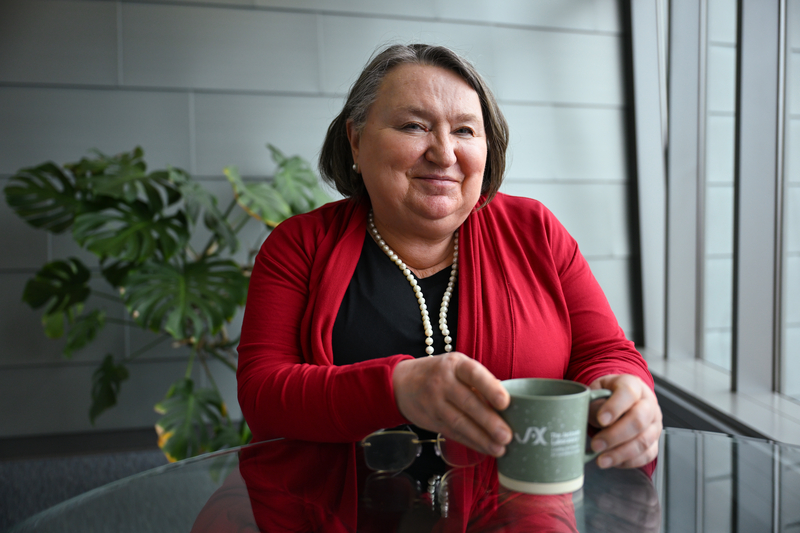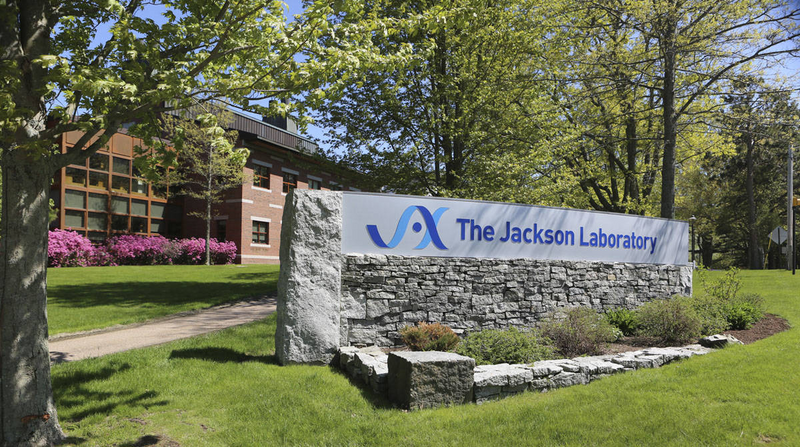Q: More younger adults are being diagnosed with cancer than in the past. Who is at risk and why?
A: Aging is the highest risk factor for cancer, but it’s not the only risk factor for cancer. There are a lot more younger people being diagnosed with cancer than we’ve seen in the past, especially younger women. There are high incidents of lung cancer in women who have never smoked. There is a lot of cervical cancer, which is HPV-related. Another is breast cancer, which is becoming a disease of younger women. I don’t think the numbers can be ascribed to just early diagnoses and more medical follow-up. Could these diagnoses be due to hormonal factors or environmental factors? We can speculate, but there are no direct answers to “why” right now. It’s an open question and the cancer research field is working on it.
Q: You said that aging is the highest risk factor for cancer. What do you mean by that?
A: There are many biological processes of aging that are very similar to cancer. There’s the concept of “inflammaging”—chronic inflammation that is often associated with aging. We know that chronic inflammation supports tumor development. It’s becoming clear that many of us, if not everybody, have mutated cells as we age. For instance, as we age our skin accumulates cells that have mutations. Everybody has cells like that, but not everybody will get skin cancer. The same is true in other organs. We always age, and we accumulate cells that are different than other cells because they have mutations. But not all of us develop tumors and cancer. That’s an extremely tantalizing question—if we can understand why some people are resistant and some people are not, then maybe we can prevent these diseases.
Q: Why is the JAX Cancer Center in a good position to tackle this challenge?
A: I think JAX can address these questions in a unique way. Our colleagues at the JAX Center for Aging already focus on the role of genetics in aging using genetically diverse mice. We brought that into the Cancer Center. We have access to a combination of organismal level studies in mouse, genetics, in vitro model systems, and the human aspects of the disease that position us to really bring new insights in ways other places cannot.
Q: JAX researchers study cancer from the genes to cells to the whole organism. Why is that holistic approach so important in cancer research?
A: We cannot study only cancer to understand cancer. Because cancer is not just a bunch of cells. It is a disease. So, to understand the disease, we also need to study other processes in the body. If you want to eat a cake, you first must bake it. You must have eggs, flour, sugar—the basic building blocks of a cake. Understanding cancer is the same. Genomes. Cells. These are the basic building blocks. You combine them and you get the tissue—the cake batter. And then if you really want a good cake, you have layers, you have things in between. That’s how this research works, you must have the whole perspective. Because if you only study one cell, it’s like trying to bake a cake with only flour—you can study the flour, but it behaves differently when there are eggs or when there’s sugar. At the end of the day, you want to have the whole cake—the whole organism—to really understand.
Q: Where is the future of cancer research headed, both at JAX and beyond?
A: The focus on the next five years or longer is really going to be aging and cancer and incorporating new technology. Novel cures are going to come from basic research and technology and JAX is very well positioned in this way. We’ve put incredible investments into new technologies related to tissue analysis, spatial biology analysis, and RNA biology and splicing. This technological approach will help us understand how to make that cake and better understand how everything works together.



